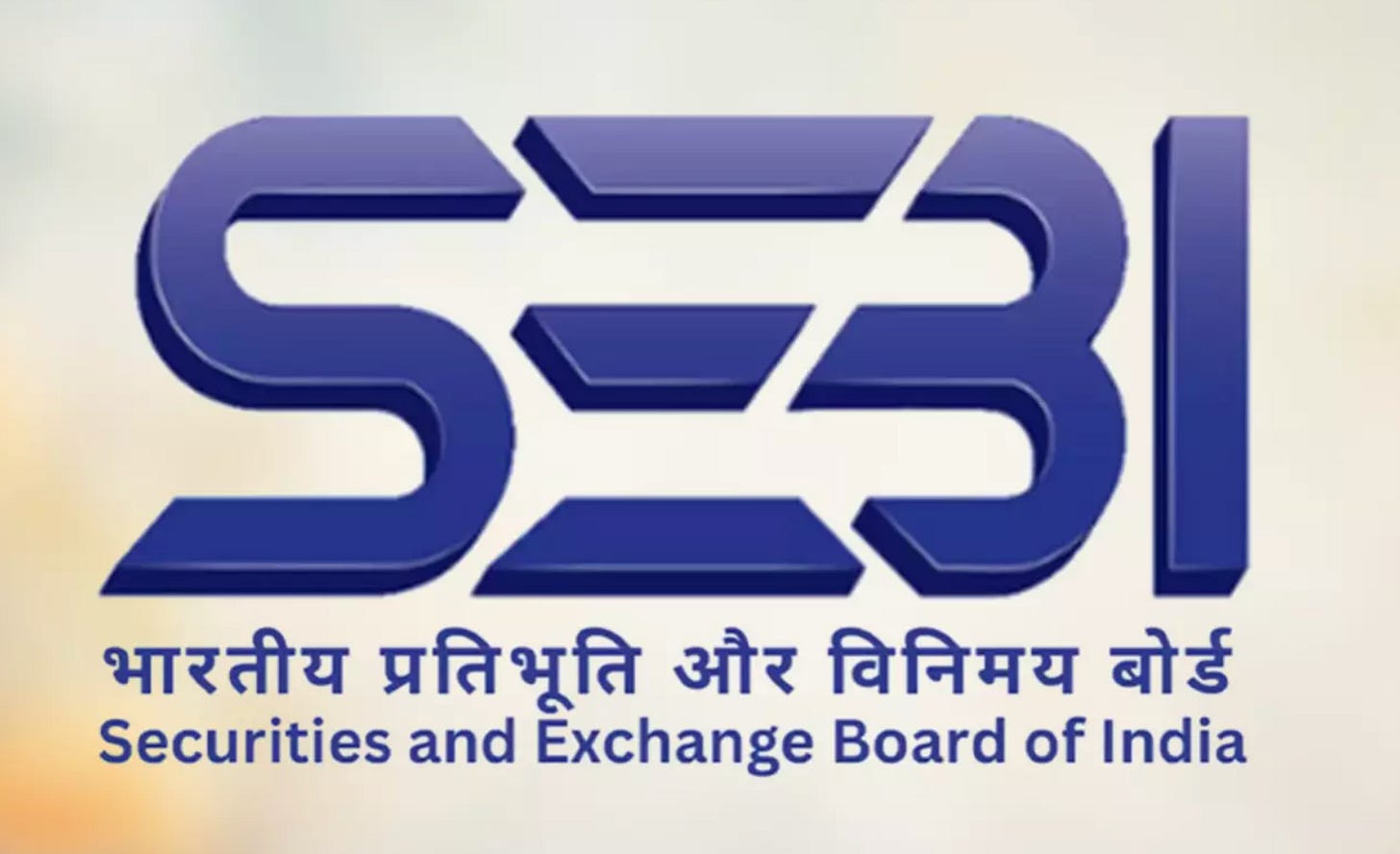SEBI’s Push for “Accredited Investors Only” AIF Schemes: Implications for Capital Formation
SEBI Consultation Paper
On 8 August 2025, the Securities and Exchange Board of India (SEBI) released a consultation paper outlining a proposal to introduce a distinct category of Alternative Investment Fund (AIF) schemes accessible exclusively to Accredited Investors (AIs). These “AI-only” schemes would operate under a lighter-touch regulatory regime relative to standard AIFs.
This initiative aligns with SEBI’s long-term vision to replace the current minimum commitment threshold as the primary metric of investor sophistication with accreditation status. The regulator’s rationale is clear: ticket size alone is an imperfect proxy for risk capacity and financial sophistication.
The Regulatory Rationale
Since 2012, AIF participation has been gated by a ₹1 crore minimum commitment per investor. While this structure ensured some screening, SEBI notes two limitations:
Commitments do not equate to actual capital deployed, potentially overstating investor capacity.
Commitment thresholds do not assess the investor’s broader balance sheet or liquidity profile, creating the risk of overexposure to illiquid, high-beta assets.
By contrast, the Accredited Investor framework, introduced in 2021 and simplified in 2023, applies a set of independently verified income, net worth, and asset composition criteria. It encompasses not only HNIs but also institutional allocators such as insurance companies, pension funds, sovereign wealth funds, and multilateral agencies — some of which are deemed accredited by default.
Proposed Regulatory Flexibilities
SEBI proposes extending several dispensations to AI-only schemes, recognising the lower need for retail-style investor protection:
Non–Pari Passu Rights
Investors may contractually agree to differential rights without breaching equal treatment provisions.Extended Fund Tenor
Close-ended schemes may extend by up to five years (vs. two years currently) with the consent of two-thirds of investors by value.Removal of NISM Certification Requirement
Fund managers would not require prescribed SEBI certifications; AI investors are presumed capable of evaluating manager competence.Elimination of Investor Cap
The current ceiling of 1,000 investors per scheme would not apply.Manager-Led Governance in Trust Structures
In trust-based schemes, the statutory responsibilities currently vested in the trustee could be contractually transferred to the manager.
These flexibilities would also be extended to Large Value Funds (LVFs) where not already available.
Strategic Implications
For Fund Sponsors and Managers
The regulatory simplification could materially reduce compliance overheads, shorten fundraising cycles, and enable greater structuring flexibility — particularly in distribution waterfalls, governance rights, and exit mechanics.
For Accredited Investors
The AI-only framework could open the door to more bespoke deal terms, enabling alignment with specific portfolio strategies such as concentrated growth equity, structured credit, or complex secondary transactions.
For Market Structure
The proposal incentivises accreditation uptake, paving the way for SEBI’s stated endgame: an AIF market composed entirely of accredited investors, enabling a more efficient, professionalised capital formation process.
Consultation Window
Stakeholder feedback is invited until 29 August 2025 via SEBI’s public consultation portal or designated email channels.
Closing Thoughts
If implemented, AI-only AIFs could reshape the allocation landscape for India’s private markets. For managers, they offer a streamlined vehicle for sophisticated capital. For investors, they present an opportunity to negotiate institutional-grade terms without the friction of retail-oriented safeguards.
In the longer term, the shift from ticket-size gating to accreditation-based participation could raise the overall quality of India’s alternative investment base, deepen domestic capital pools, and align the market more closely with global institutional norms.



